Mauritius declares emergency as stranded ship leaks oil
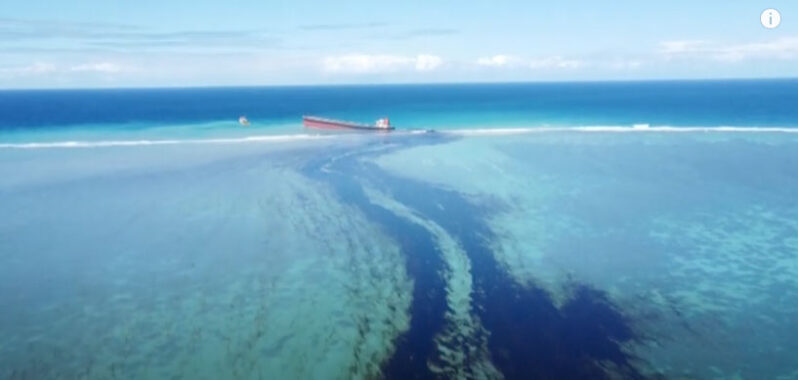
The island nation of Mauritius has declared a “state of environmental emergency” after a vessel offshore began leaking oil into the ocean.
Resort plan for SC barrier island advances with county now saying it’s ‘ecotourism’
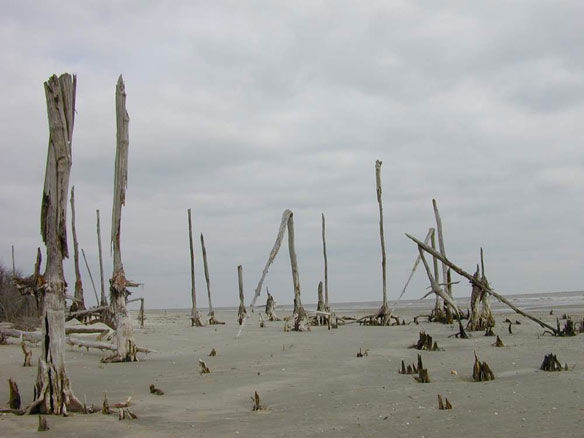
Plans to build a resort on a remote island off South Carolina’s coast took a step forward this week, now with word from Beaufort County staff that the plans can qualify as “ecotourism.”
Greenhouse gas emissions from international shipping increasing
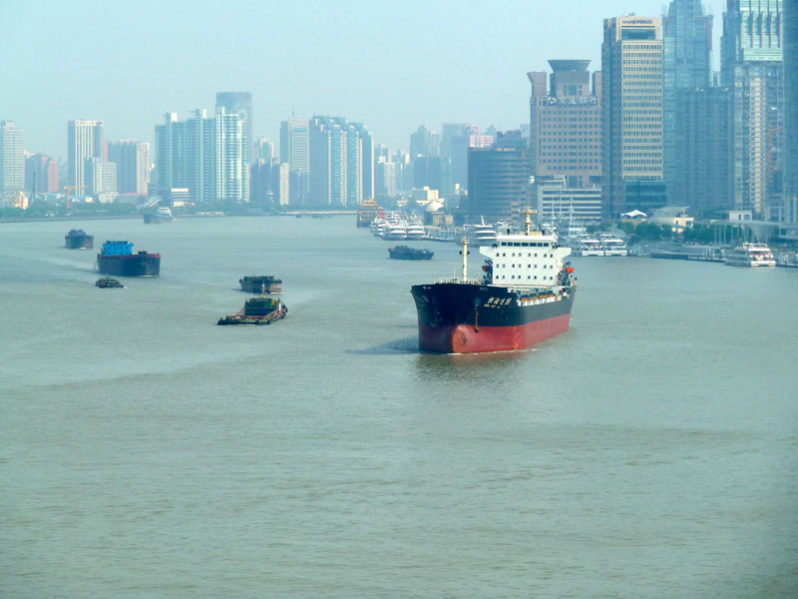
National governments have a much greater responsibility for shipping emissions than previously estimated, finds new UCL-led research.
Ice caps formed during Little Ice Age roughly 5,000 years ago completely disappear from Canada
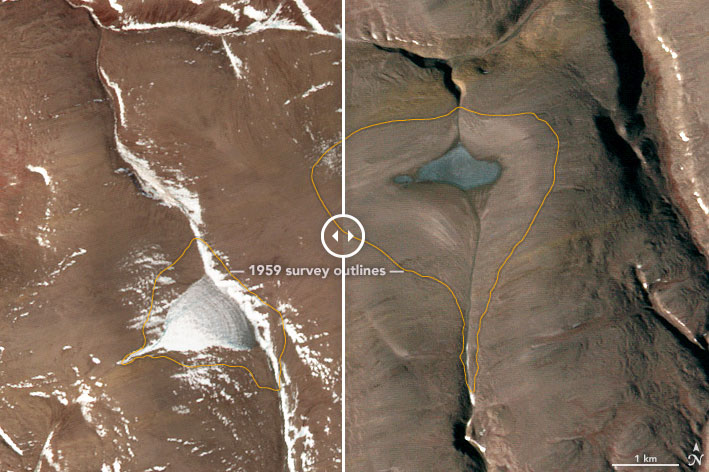
Two ancient ice caps in Canada have completely melted — two years earlier than scientists predicted. NASA satellite imagery captured the disappearance of the St. Patrick Bay ice caps, which date back roughly 5,000 years to the Little Ice Age.
Mix of contaminants in Fukushima wastewater, risks of ocean dumping
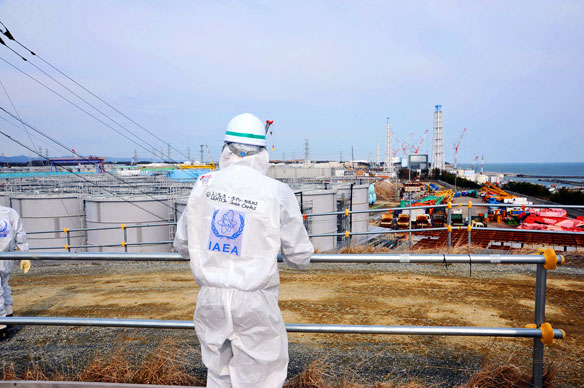
Nearly 10 years after the Tohoku-oki earthquake and tsunami devastated Japan’s Fukushima Dai-ichi Nuclear Power Plant and triggered an unprecedented release radioactivity into the ocean, radiation levels have fallen to safe levels in all but the waters closest to the shuttered power plant.
Nigeria: restoring mangrove forests in the Niger Delta
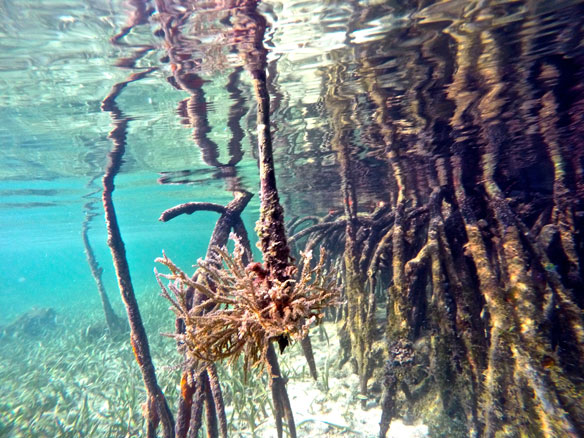
The mangrove forests of the Niger Delta in southern Nigeria will soon be restored. It is a commitment recently made by Nigeria’s Minister of State for the Environment Sharon Ikeazor.
Research reveals microplastic content levels in seafood
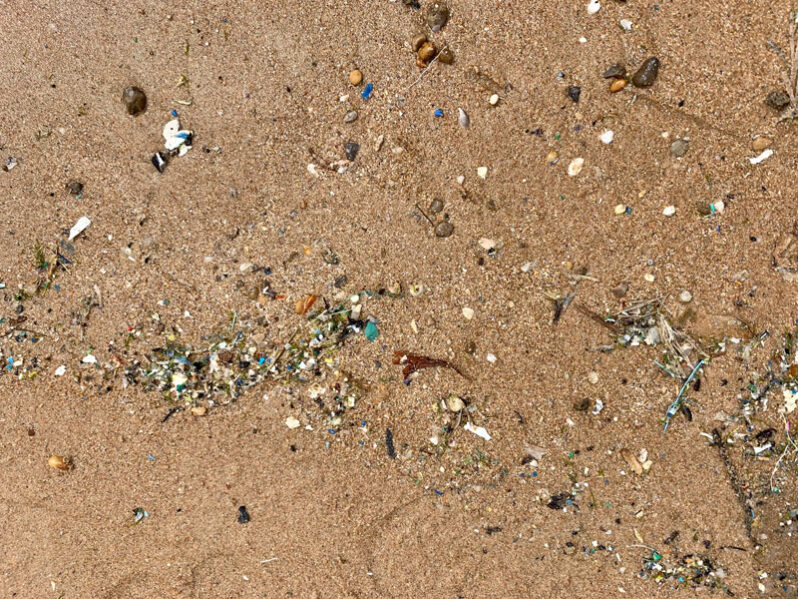
Levels of plastic contamination has been found in samples of popular seafood such as prawns, oysters and crabs, with the highest content found in sardines, according to University of Queensland research.
Maldives records highest level of micro plastic pollution on the planet
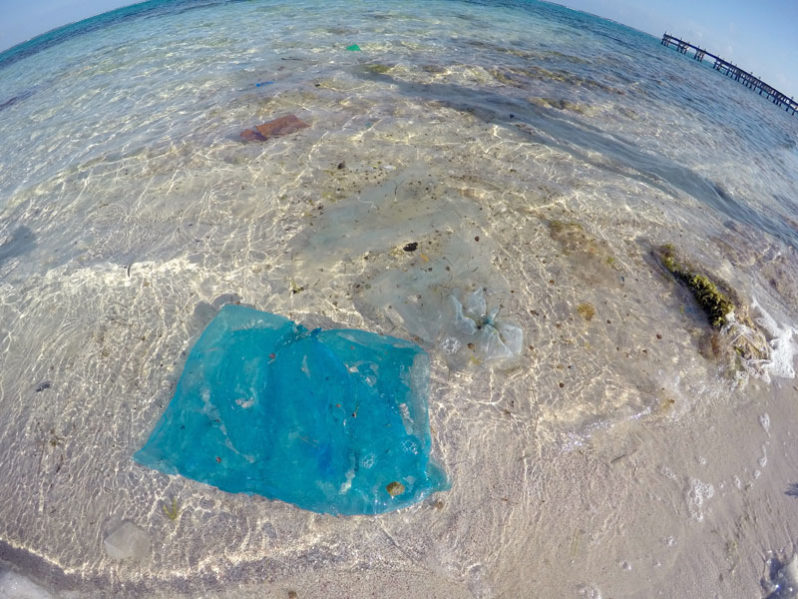
The amount of micro plastic pollution in waters around the Maldives, a global tourist destination known for its beautiful coastline, is amongst the highest in the world and has the potential to severely impact marine life in shallow reefs and threaten the livelihoods of island communities.
Coastal flooding set to get more frequent, threatening coastal life and global GDP

Coastal flooding across the world is set to rise by around 50 percent due to climate change in the next 80 years, endangering millions more people and trillions of US dollars more of coastal infrastructure, new research shows.
